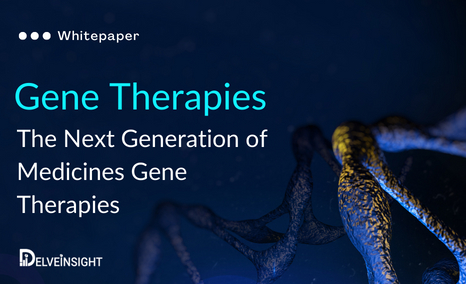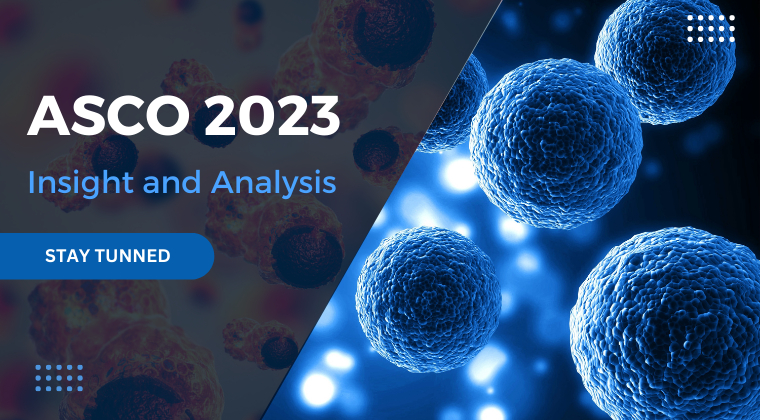Histone deacetylase ( HDAC ) inhibitors are a new class of anti-cancer agents which play important roles in epigenetic or non-epigenetic regulation, including programmed cell death, and cell cycle arrest in cancer cells. Histone deacetylase inhibitors are either naturally occurring or they can be synthetically produced.
The HDAC inhibitors have been identified and further classified into four groups on the basis of their homology with yeast HDACs. Such inhibitors further induce different phenotypes in various transformed cells, including growth arrest, autophagic cell death or reactive oxygen species (ROS)-induced cell death. Histone deacetylase is an opposing class of enzyme, which tightly controls the equilibrium of histone acetylation. An imbalance in such activity has been associated with carcinogenesis and cancer progression.
HDAC inhibitors are mainly targeted in oncology based diseases such as lymphomas, acute myeloid leukemia, solid tumors, multiple myeloma, breast cancer, ovarian cancer, hepatocellular carcinoma, colorectal cancer, non-small cell lung cancer etc. The use these inhibitors has been validated clinically in cancer patients which led to the approval of five marketed products including Faydak (panobinostat), Beleodaq (belinostat), Epidaza (Chiamide), Zolinza (vorinostat), and Istodax (romidepsin).
Various companies are working in this area contributing towards a strong pipeline of about 25+ products. Some major companies that are developing HDAC products include Syndax Pharmaceuticals, MEI Pharma, Italfarmaco and are in the late (Phase III) stage of development. Out of all other companies, Celgene Corporation is one that is involved in the development of more than one HDAC inhibitor that are in Phase I and II clinical stage of development.
Previous studies have shown that histone deacetylase (HDAC) inhibitors have a limited use as they are seen to be effective only on a small set of cancer patients with selected hematological diseases. However, their use as a monotherapy has not been satisfactory. To combat this, studies focusing on assessing the efficacy and safety of HDAC inhibitors in combination with other drugs is being carried out. 4SC, a German company, has taken heed of such findings by combining their lead compound resminostat with Bayer’s kinase inhibitor sorafenib for hepatocellular carcinoma. Various other companies are also collaborating with other organizations and institutes in order to develop HDAC inhibitor therapeutics for the effective treatment of cancer, indicating good growth of this area for research and market purposes.
Insights by:
Ayushi Sinha
Associate Analyst

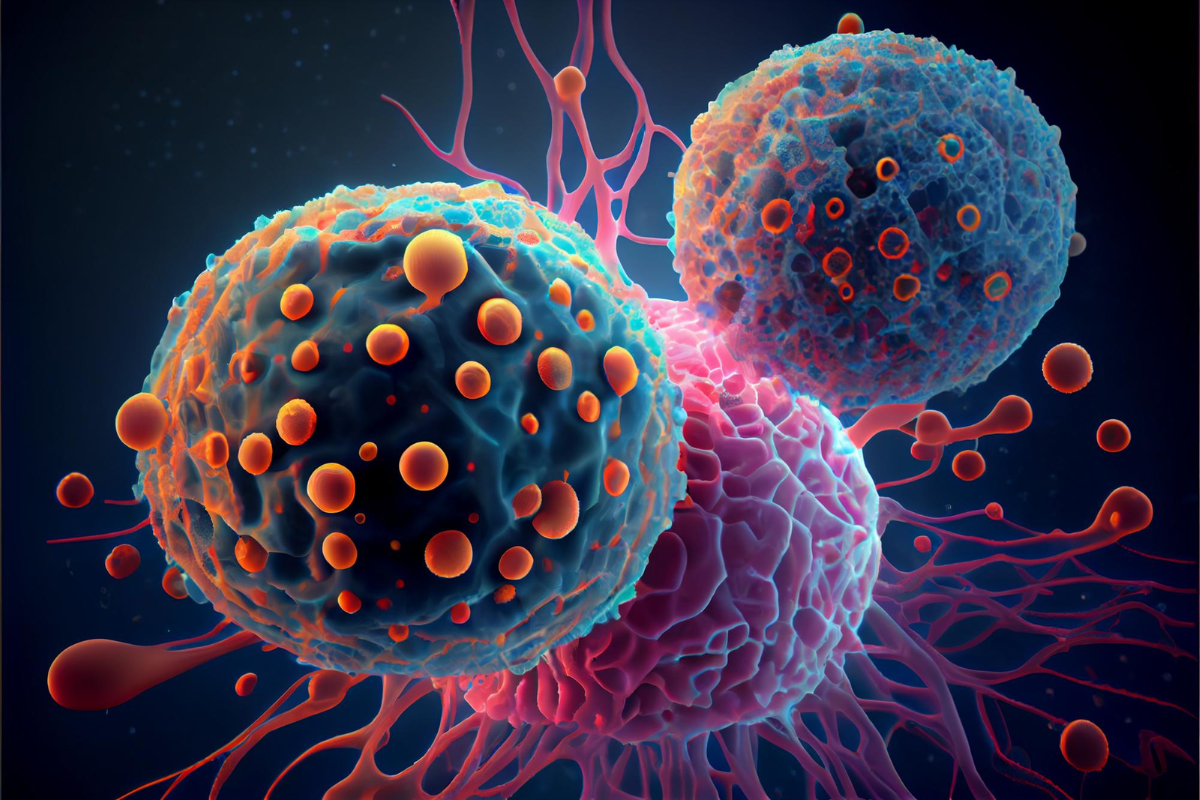
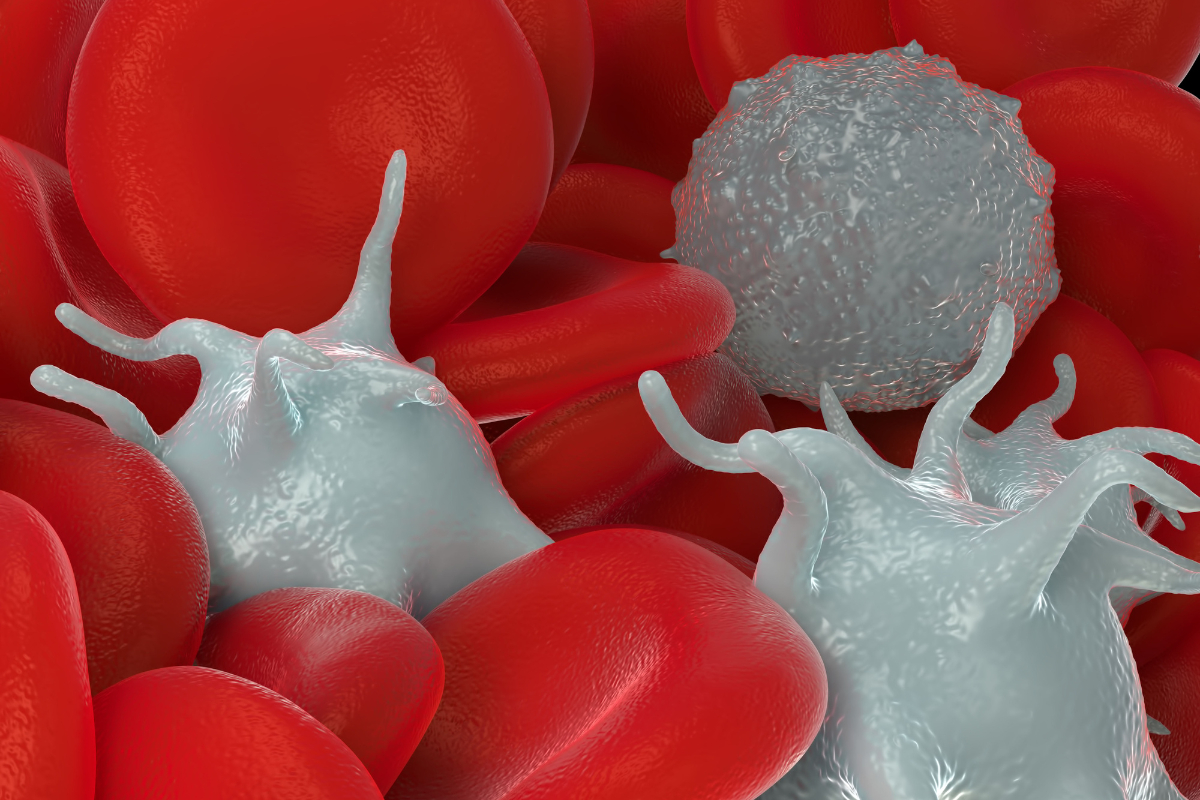
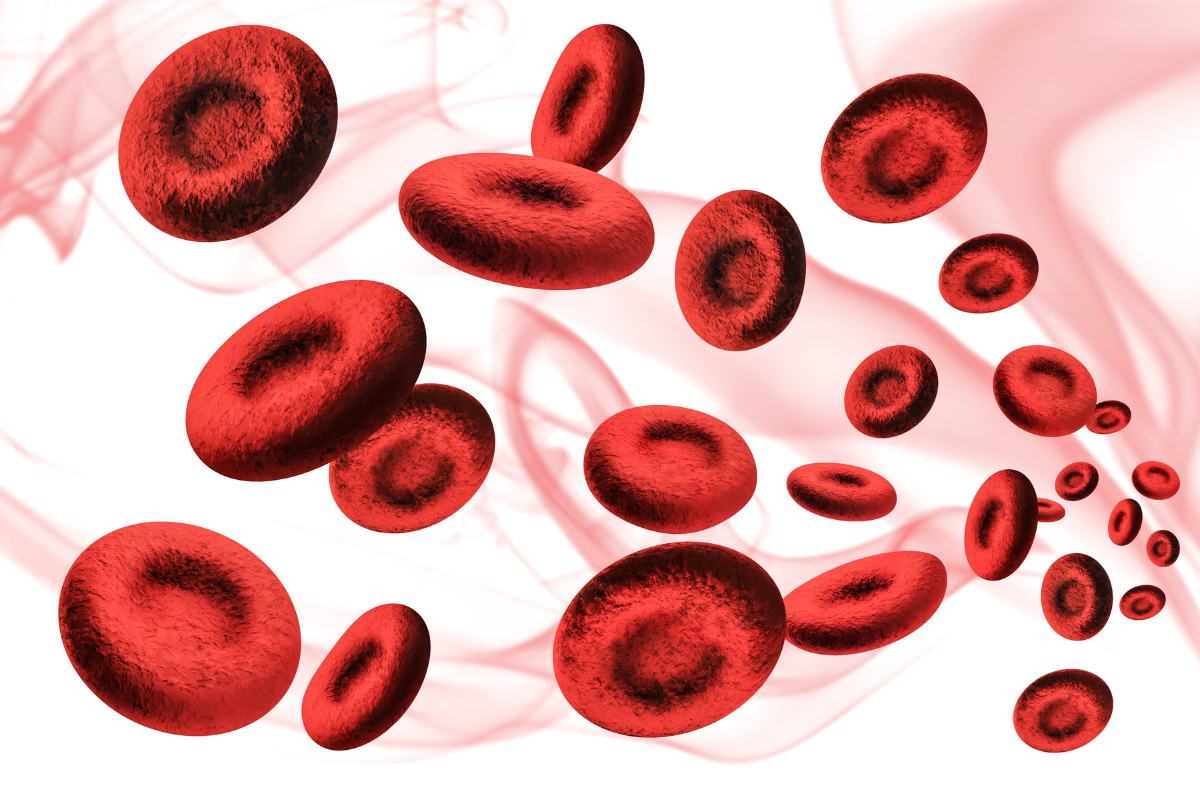
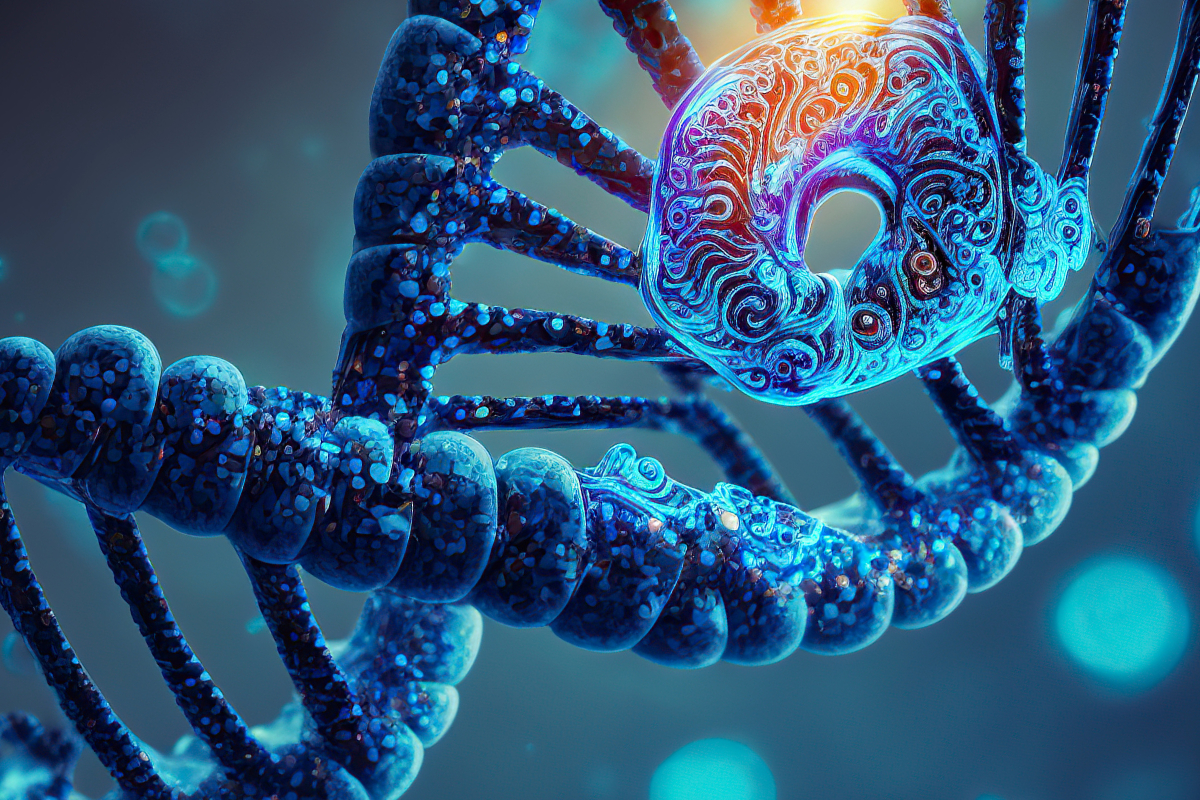
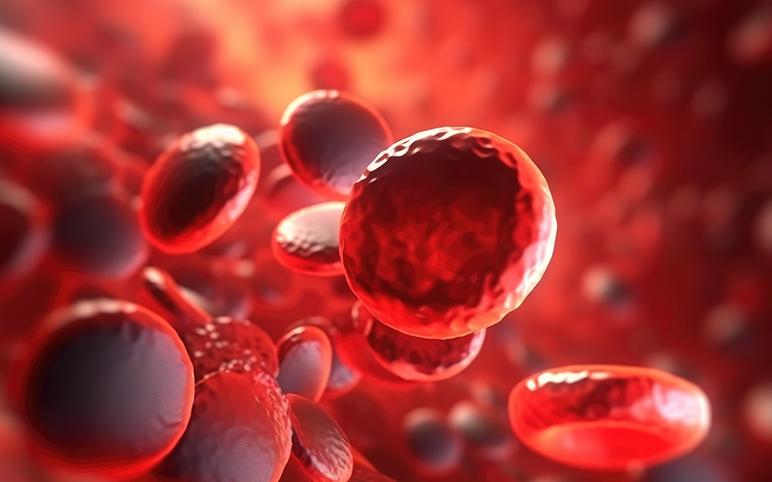
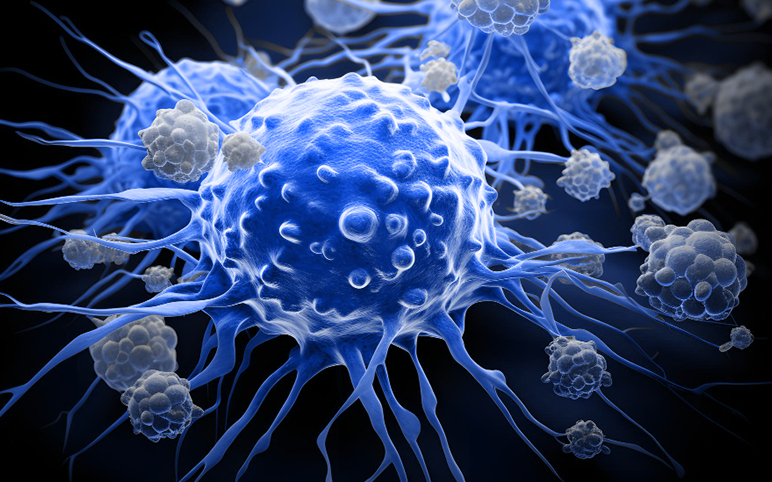

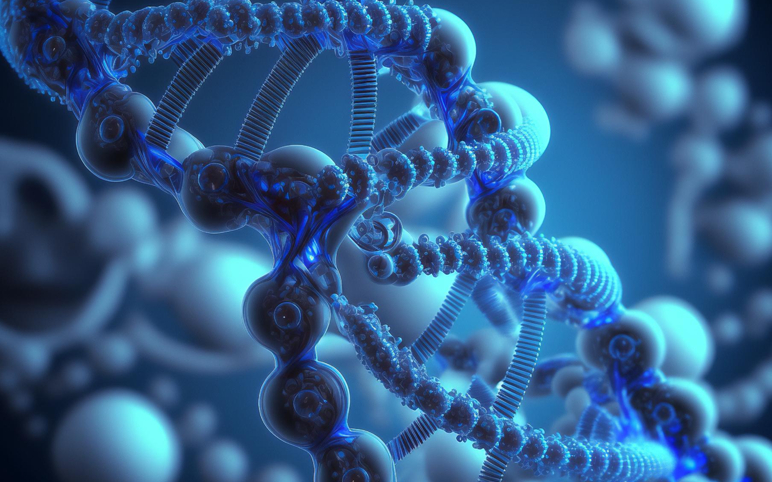
-Agonist.png)

